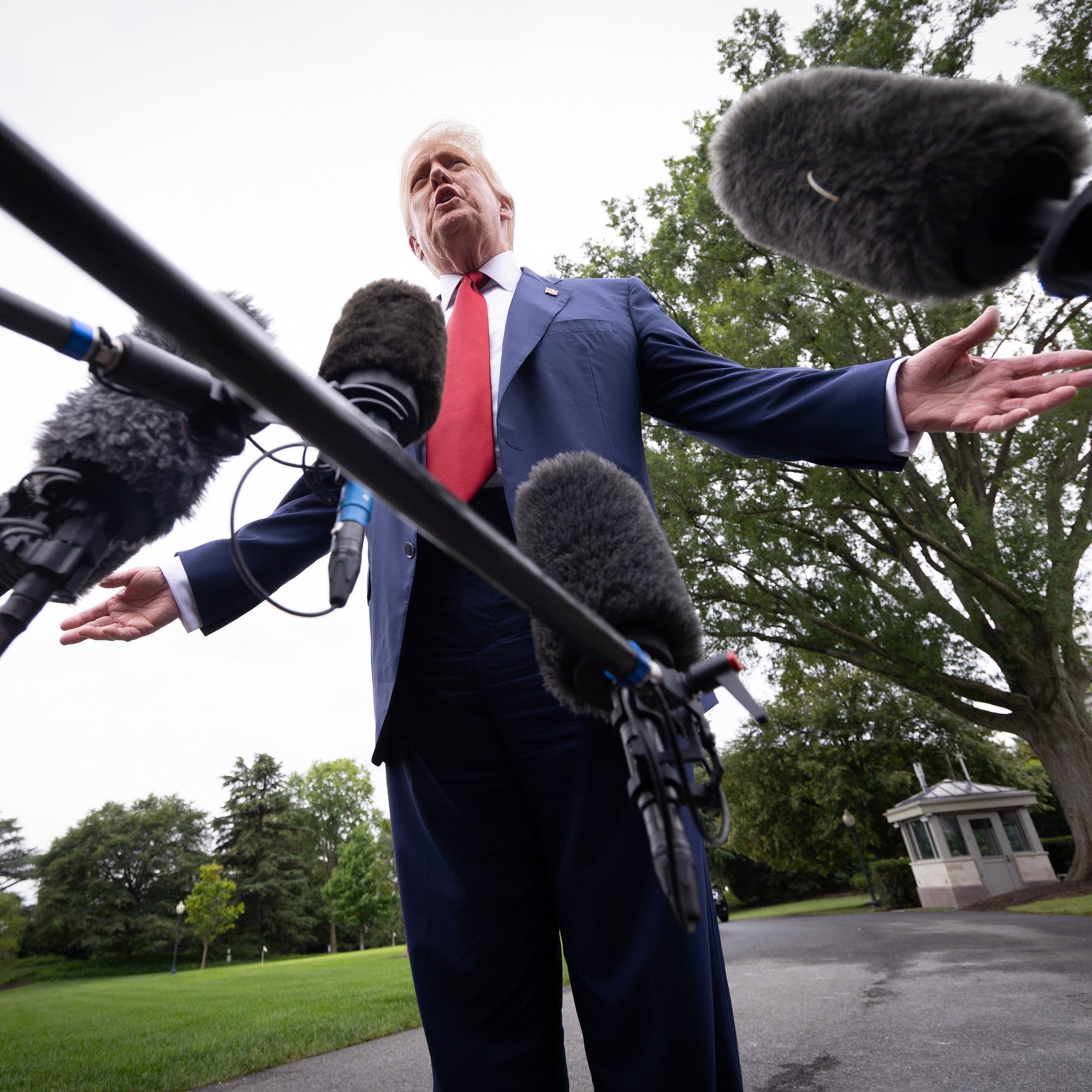
🤖 AI Summary
Overview
This episode examines the fallout from President Trump's firing of the Bureau of Labor Statistics (BLS) commissioner following a disappointing jobs report, raising concerns about the politicization of federal economic data. It also explores the economic challenges faced by mid-sized companies due to tariffs, the adoption of digital price labels in grocery stores, and the precarious job market for young workers.
Notable Quotes
- I gasped when I saw it. It's unprecedented and raises a lot of alarm bells about the data integrity of the United States going forward.
- Heather Long, on the firing of the BLS commissioner.
- This report completely flipped our understanding of the economy's health on its head.
- Courtney Brown, on the July jobs report and its implications.
- Finance-wise, right now, I'm definitely taking a gamble.
- Troy Swinner, on navigating the gig economy post-graduation.
📉 Politicization of Economic Data
- President Trump fired the BLS commissioner after a weak jobs report, claiming the numbers were rigged
to harm him politically.
- Heather Long called the move unprecedented,
warning it could undermine trust in U.S. economic data.
- Courtney Brown noted that while BLS faces challenges like reduced resources and falling survey response rates, there’s no evidence of political manipulation in the data.
- The July jobs report revealed only 73,000 new jobs, with significant downward revisions for May and June, sparking concerns about the economy's health.
📊 Tariffs and Mid-Sized Businesses
- Research from JPMorgan Chase Institute highlights how mid-sized companies are disproportionately affected by tariffs.
- Mid-sized firms lack the negotiating power of large corporations and the flexibility of small businesses, making them more vulnerable to cost increases.
- Examples include Argonaut Manufacturing Services, which struggles with global supply chain costs, and Hawaii Supermarket, which faces steep tariff surcharges on imported goods.
- Some businesses, like S.L. Munson and Company, have resorted to raising prices without explicitly labeling them as tariff-related to avoid customer backlash.
🛒 Digital Price Labels in Grocery Stores
- Digital price labels, already common in Europe, are being adopted by U.S. retailers like Walmart and Kroger.
- In Europe, stores use these labels to lower prices dynamically, especially for items nearing expiration, reducing food waste.
- Concerns about surge pricing
(raising prices in real-time) are largely unfounded, as stores prioritize customer retention over short-term gains.
- Jennifer Williams noted that while U.S. grocers claim no plans for surge pricing, skepticism remains.
🎓 Young Workers and the Gig Economy
- Unemployment among young workers, including recent college graduates, has risen in 2025.
- Troy Swinner, a recent graduate, shared his experience transitioning from retail to gig work in entertainment, highlighting the financial instability and unpredictability of freelance jobs.
- Networking proved more effective than traditional job applications for breaking into the industry.
- Despite challenges, Swinner remains optimistic, viewing his current path as a calculated risk.
📈 Economic Inequality and Consumer Behavior
- Heather Long described the U.S. economy as K-shaped,
where high-income earners thrive while middle and lower-income groups struggle.
- Credit card spending is growing among high earners but stagnating for middle-income households, with many opting for debit cards to avoid debt.
- Rising caution among consumers reflects broader economic uncertainty, with many prioritizing savings over spending.
AI-generated content may not be accurate or complete and should not be relied upon as a sole source of truth.
📋 Episode Description
The Bureau of Labor Statistic’s July jobs report came in far below expectations. May and June’s counts were also revised down significantly. What’s a president — one who’s championed contentious economic policies — to do? Fire the BLS chief, apparently. In this episode, what happens if President Donald Trump turns federal data collection into a partisan tool. Plus: Medium-sized companies are hit hardest by tariffs and digital price labels are coming to a grocery store near you.
Every story has an economic angle. Want some in your inbox? Subscribe to our daily or weekly newsletter.
Marketplace is more than a radio show. Check out our original reporting and financial literacy content at marketplace.org — and consider making an investment in our future.
